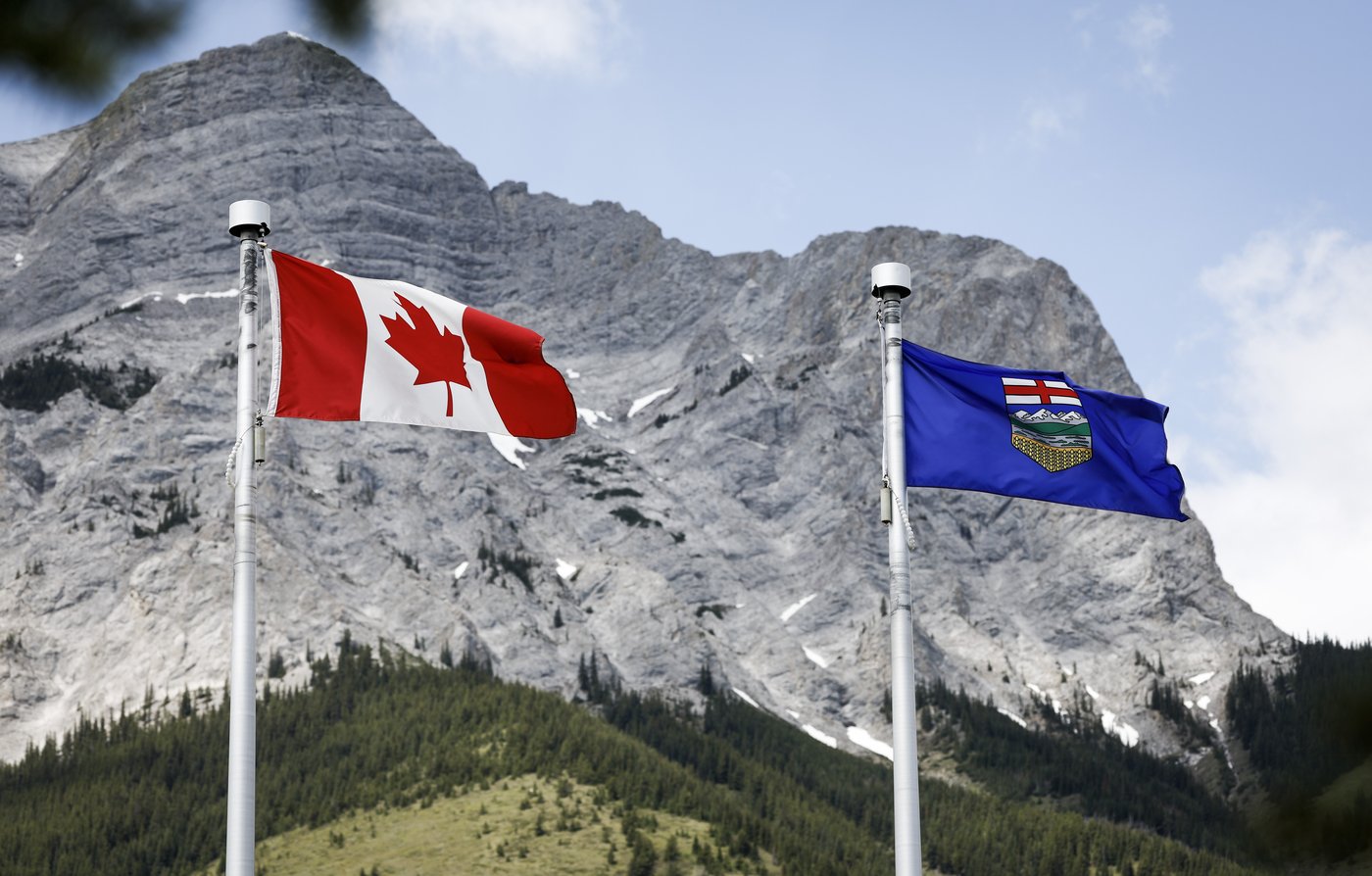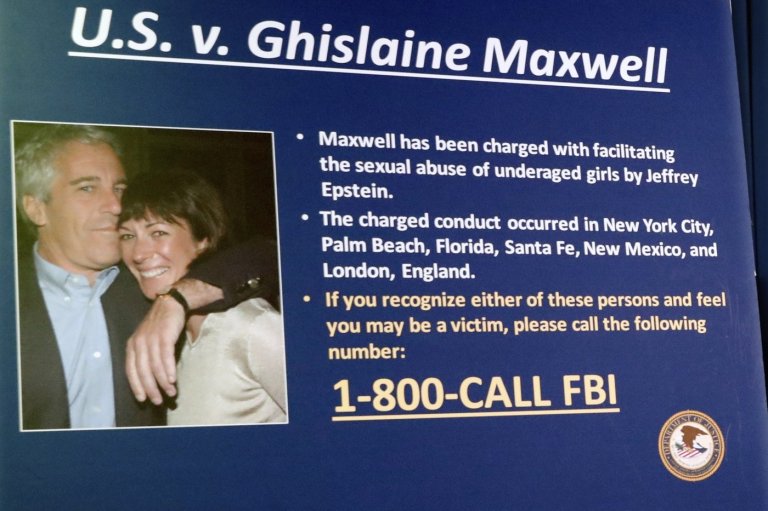
Judge reserves decision on whether to strike review of Alberta separation question
EDMONTON — A judge has reserved his decision on whether to review a proposed Alberta separation referendum question.
Court of King’s Bench Justice Colin Feasby is expected to give his ruling Aug. 14.
The matter stems from Alberta chief electoral officer Gordon McClure referring the proposed question to the Edmonton court last week. He has asked the judge to determine whether the question violates the Constitution, including treaty rights.
The question asks Albertans: “Do you agree that the Province of Alberta shall become a sovereign country and cease to be a province in Canada?”
At the start of a hearing Thursday, Mitch Sylvestre, an executive with the group that proposed the question — the Alberta Prosperity Project —applied to the court to strike the referral.
Sylvestre’s lawyer, Jeffrey Rath, argued judicial scrutiny is premature, as there’s no guarantee enough signatures would be gathered to put the question on a ballot or that a referendum would even pass.
Rath also said the act of simply asking a question doesn’t violate the Constitution, because it would only come into play if the referendum passed and negotiations began on Alberta separating from Canada.
Feasby asked whether Rath agreed Albertans should have more information about the consequences of what they’re being asked to vote on.
Rath told the judge that many outstanding questions of separation are political and not ones the court needs to answer.
“The court has no supervisory role over the political aspects of the constitutional negotiations,” Rath said.
“All of the issues around … First Nations’ rights, whether it’s minority rights, all of those things are part of the referendum campaign for people to argue and educate one another on without interference in the court.”
The judge questioned that argument, saying it can be implied through the referendum process that Albertans have a right to know what they’re voting on and having answers that might determine their vote.
“Sometimes the only way to educate the public on that is to have a discussion, and perhaps to have a court decision,” Feasby said.
Rath was also critical of McClure, saying the chief electoral officer was abusing the process by sending the question to court for a review without taking a position or defending the referral in court.
Premier Danielle Smith and Amery have also criticized McClure, saying the question should be approved and only face a judicial review if it receives a majority vote.
McClure said in a statement last week that he was merely following procedure and the gravity of a possible referendum invites judicial oversight. He called the question “serious and significant,” with “the potential to have profound impact on all Albertans.”
If the review proceeds, the judge said he would like to make a decision on the question by the end of the year.
Multiple groups, including the Athabasca Chipewyan First Nation in northern Alberta, have said they’re hoping to make submissions as interveners.
A letter sent this week to the judge by government lawyer Nicholas Trofimuk says Amery intends to make submissions as well. It repeats that the minister believes the question is constitutional and should be approved.
“It is settled law that the government of any province of Canada is entitled to consult its population by referendum on any issue, and that the result on a referendum on the secession of a province, if sufficiently clear, is to be taken as an expression of democratic will,” the letter reads.
If the review is struck and the question approved, Sylvestre and the Alberta Prosperity Project would need to collect 177,000 signatures in four months to get it put on a ballot.
McClure recently approved a competing question, which seeks to have Alberta declare an official policy that it will remain in Canada forever.
It was put forward by former Progressive Conservative deputy premier Thomas Lukaszuk, who is also looking to make submissions in the court review.
Outside court Thursday, Athabasca Chipewyan First Nation Chief Allan Adam signed Lukaszuk’s petition.
Adam told reporters he’s hoping the judge dismisses the application to squash the review so his community can weigh in.
“It’s ludicrous,” Adam said. “I think there are better ways of dealing with economic prosperity, instead of separation, because that’s what it’s all about.
“It has nothing to do with you, me or the general public. It’s just certain individuals that are going to prosper and the rest of us are going to pay the price.”
Lukaszuk’s proposal needs 300,000 signatures in 90 days in order to get on a ballot, as it was approved before new provincial rules with lower signature thresholds took effect.
Lukaszuk, who started collecting signatures last week, said it’s too soon to say how many there are, but teams of volunteers across the province are working on it.
“I want a million signatures to send a strong signal to this premier, to this justice minister, and to the rest of Canada (that) yes, there is a segment of Albertans that are sort of fantasizing about separating. But the fact is that the vast majority of us want nothing to do with it.”
This report by The Canadian Press was first published Aug. 7, 2025.
Join the Conversation!
Want to share your thoughts, add context, or connect with others in your community? Create a free account to comment on stories, ask questions, and join meaningful discussions on our new site.



















Leave a Reply
You must be logged in to post a comment.